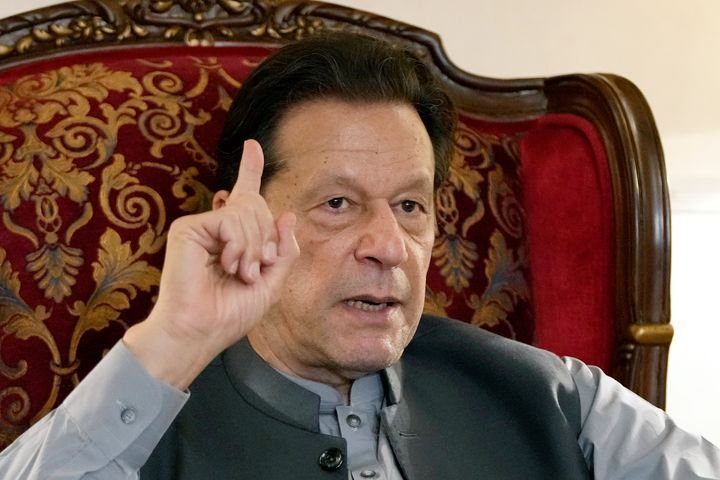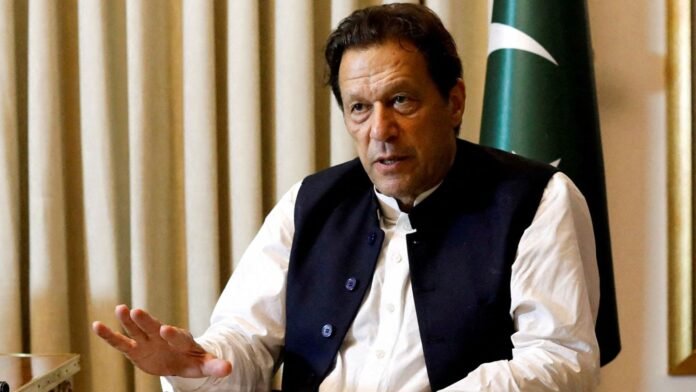Former Pakistan Prime Minister Imran Khan has been sentenced to 10 years in jail in a second corruption case, adding to the mounting legal troubles for the once-prominent political figure. The court’s verdict comes as part of the ongoing crackdown on corruption in the country.
Imran Khan, a former cricket legend turned politician, faced allegations related to financial irregularities during his tenure as the Prime Minister. This latest verdict marks a major setback for him, as he now confronts the prospect of imprisonment.
The charges against Khan were related to misuse of authority, financial mismanagement, and other corrupt practices. The court’s decision reflects a stern stance on accountability and transparency within the political landscape.
This development is not an isolated incident, as Imran Khan is currently entangled in numerous legal battles, with approximately 150 more cases looming on the horizon. The wave of cases against him signals a broader effort to address corruption at the highest levels of government.
The sentencing has elicited varied reactions from the public, with some expressing satisfaction over the justice system’s commitment to accountability. Others, however, view it through a political lens, perceiving it as a move to sideline a prominent opposition figure.
The political landscape in Pakistan is expected to witness significant shifts in the wake of this verdict. Imran Khan’s party, the Pakistan Tehreek-e-Insaf (PTI), may undergo internal restructuring as it navigates the legal challenges faced by its leader.
Observers note that the legal proceedings against Imran Khan underscore the evolving dynamics of governance in Pakistan, emphasizing the need for transparency and ethical conduct. The judiciary’s assertive role in holding public figures accountable sets a precedent for upholding the rule of law.

As Imran Khan contends with the ramifications of this verdict, political analysts predict potential shifts in power dynamics within the country. The outcome of the numerous pending cases will undoubtedly shape the future trajectory of his political career.
The ramifications of Imran Khan’s sentencing extend beyond his personal predicament, influencing the broader political climate in Pakistan. As the head of the Pakistan Tehreek-e-Insaf (PTI) party, Khan’s legal battles have implications for the party’s future trajectory and its role in the country’s politics.
The verdict also intensifies the ongoing debate around the efficacy of the justice system and the government’s commitment to addressing corruption. Supporters of Imran Khan may interpret the legal proceedings as politically motivated, emphasizing the need for a fair and impartial judiciary.
The sentencing comes at a crucial juncture, with Pakistan navigating complex geopolitical challenges and internal issues. The developments surrounding Imran Khan may impact the country’s international standing and its relationships with key stakeholders.

Furthermore, the case highlights the delicate balance between political accountability and legal proceedings. As the legal system asserts its authority, questions may arise about the intersection of political motivations and legal actions, prompting a broader discourse on the nature of justice in the country.
In the aftermath of the verdict, political alliances and strategies are likely to undergo reassessment. The opposition may seize upon the opportunity to capitalize on the legal challenges faced by Imran Khan, reshaping the political landscape as parties realign their priorities.
The international community is closely monitoring these developments, with implications for diplomatic relations and collaborations. The handling of high-profile legal cases contributes to perceptions of governance and rule of law, influencing how Pakistan is perceived on the global stage.

